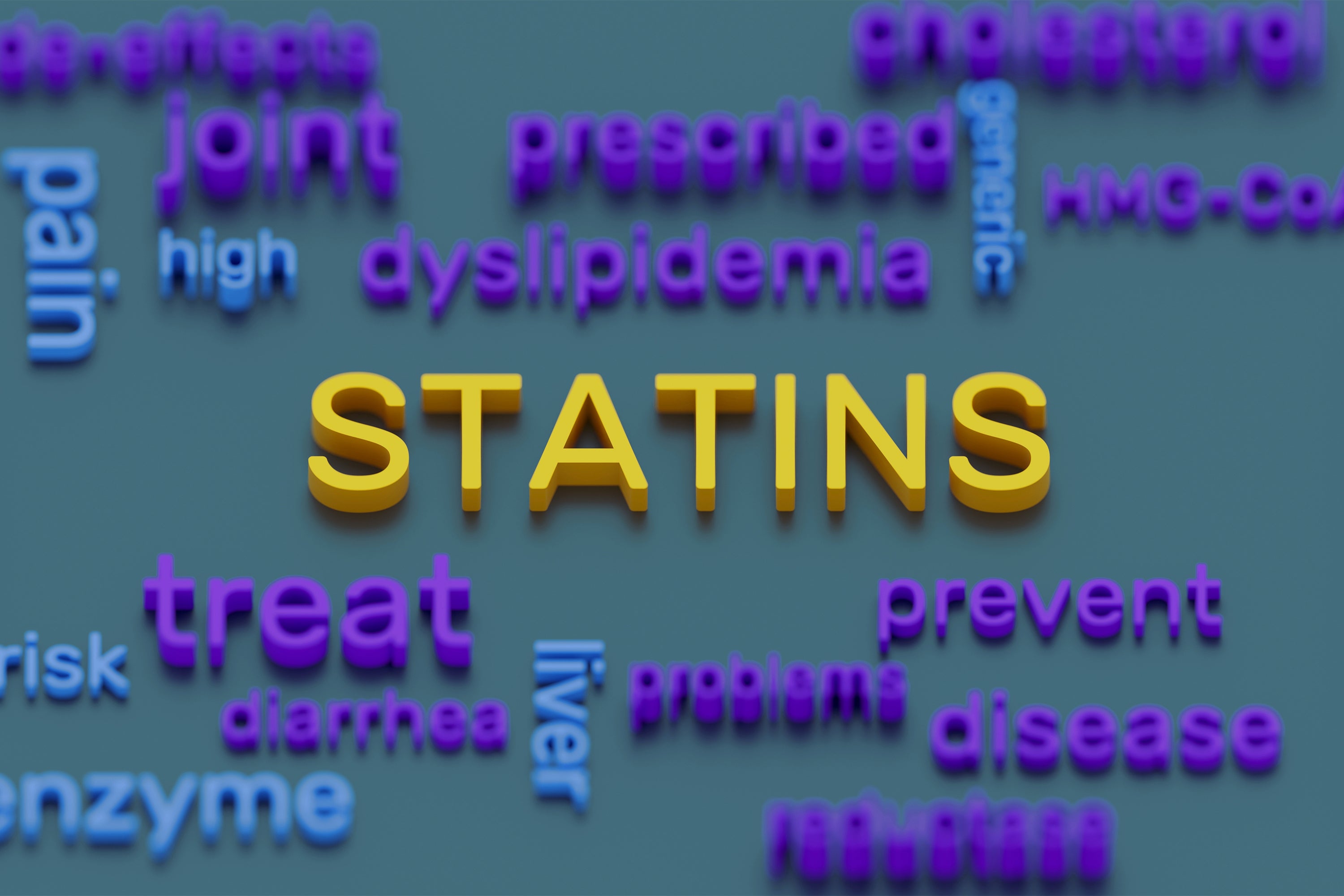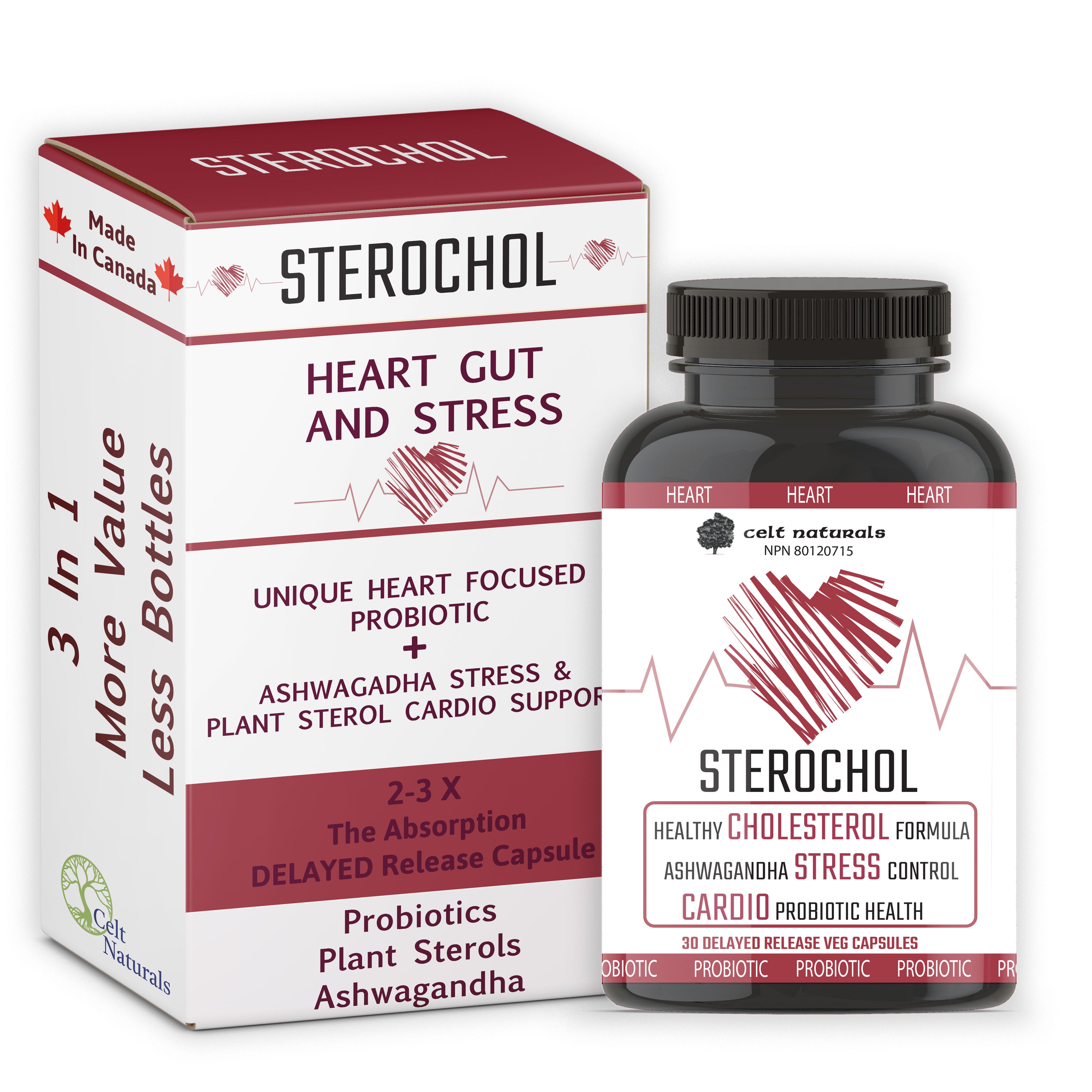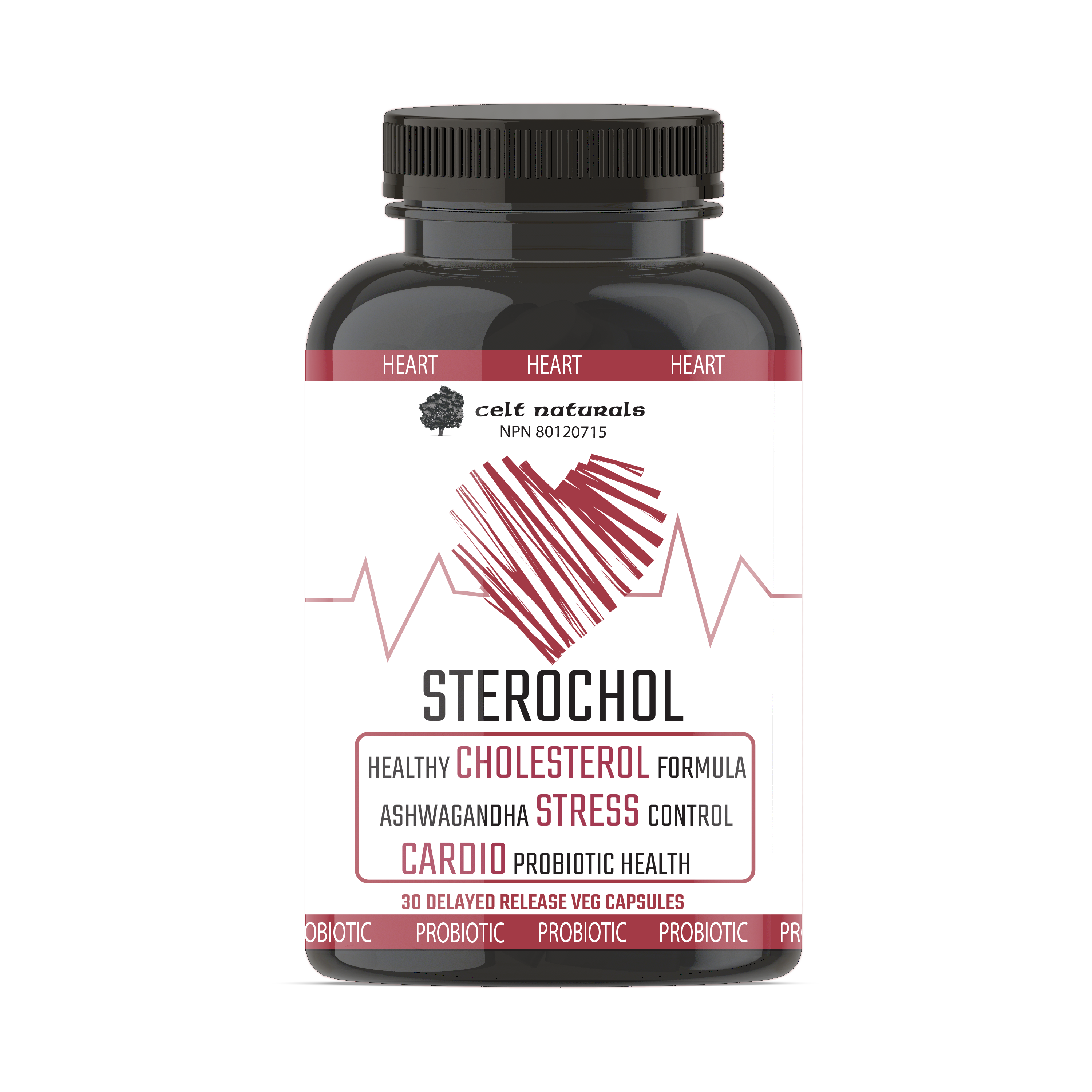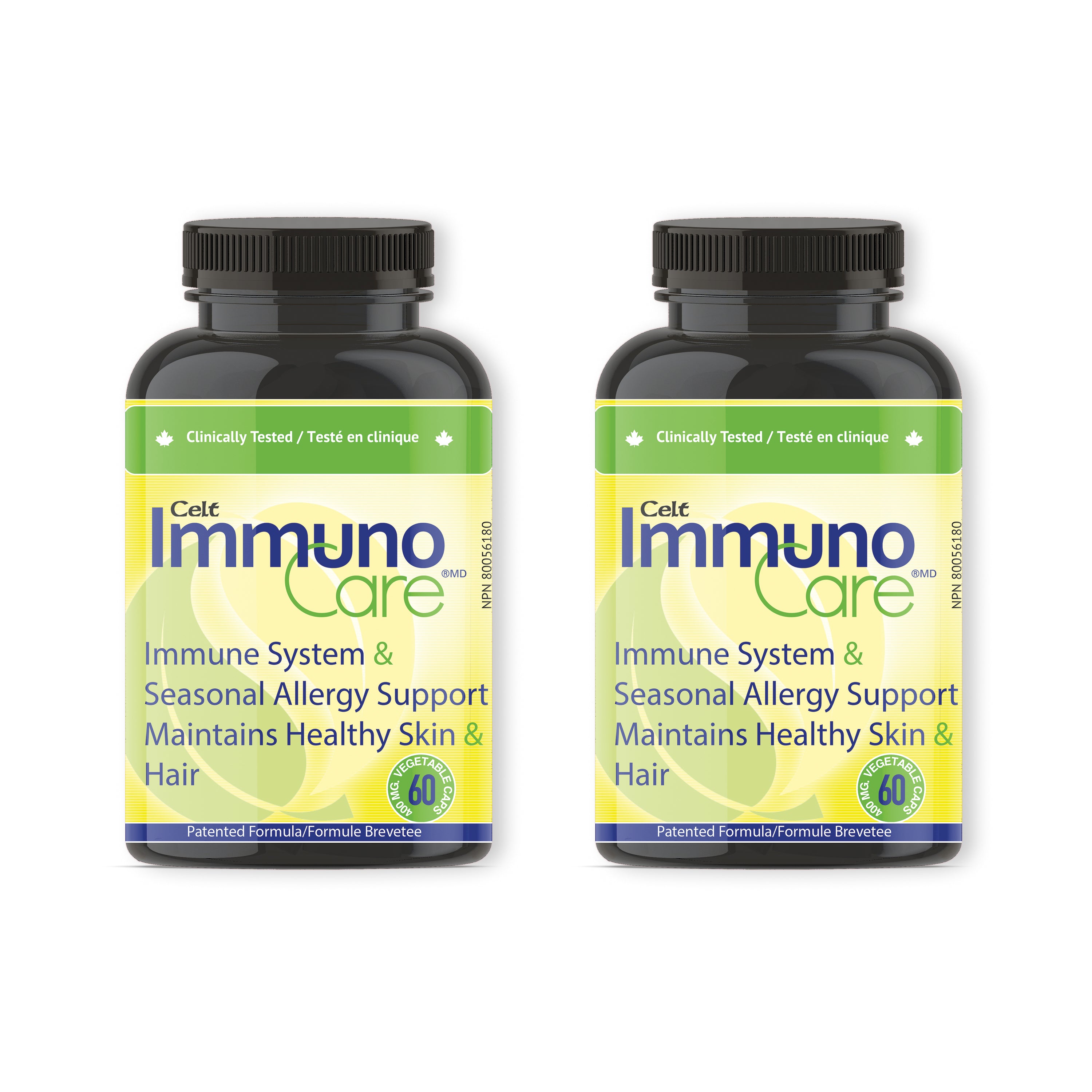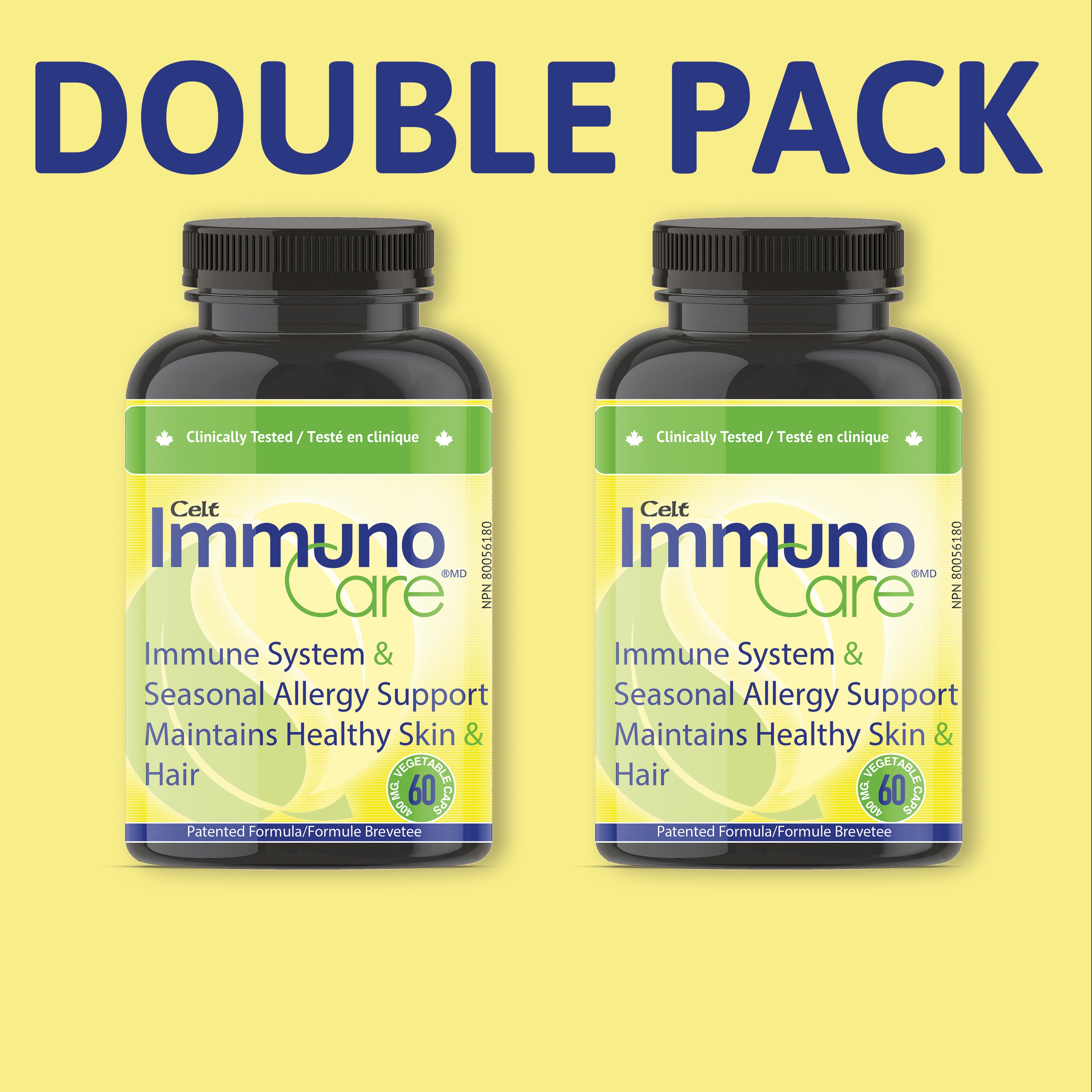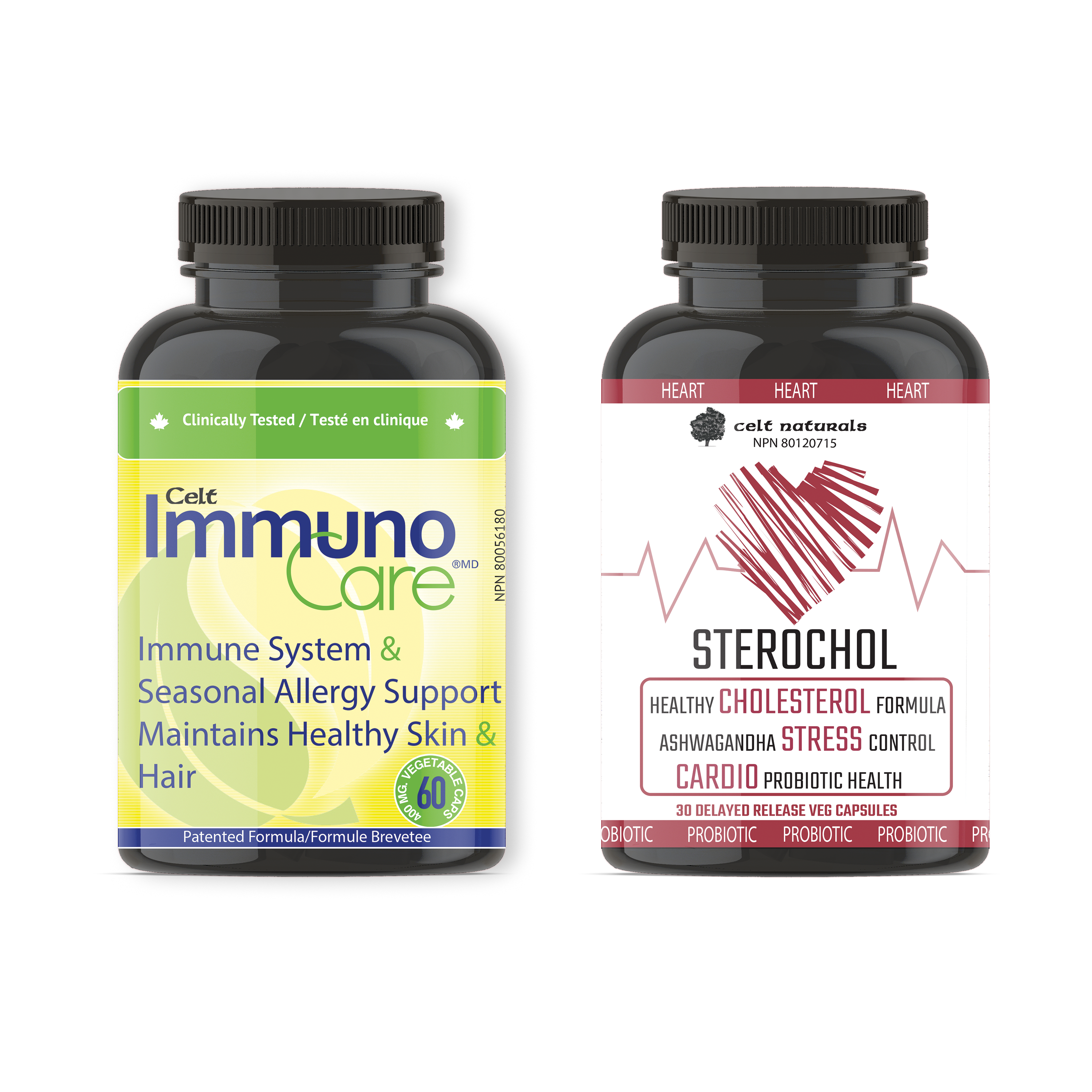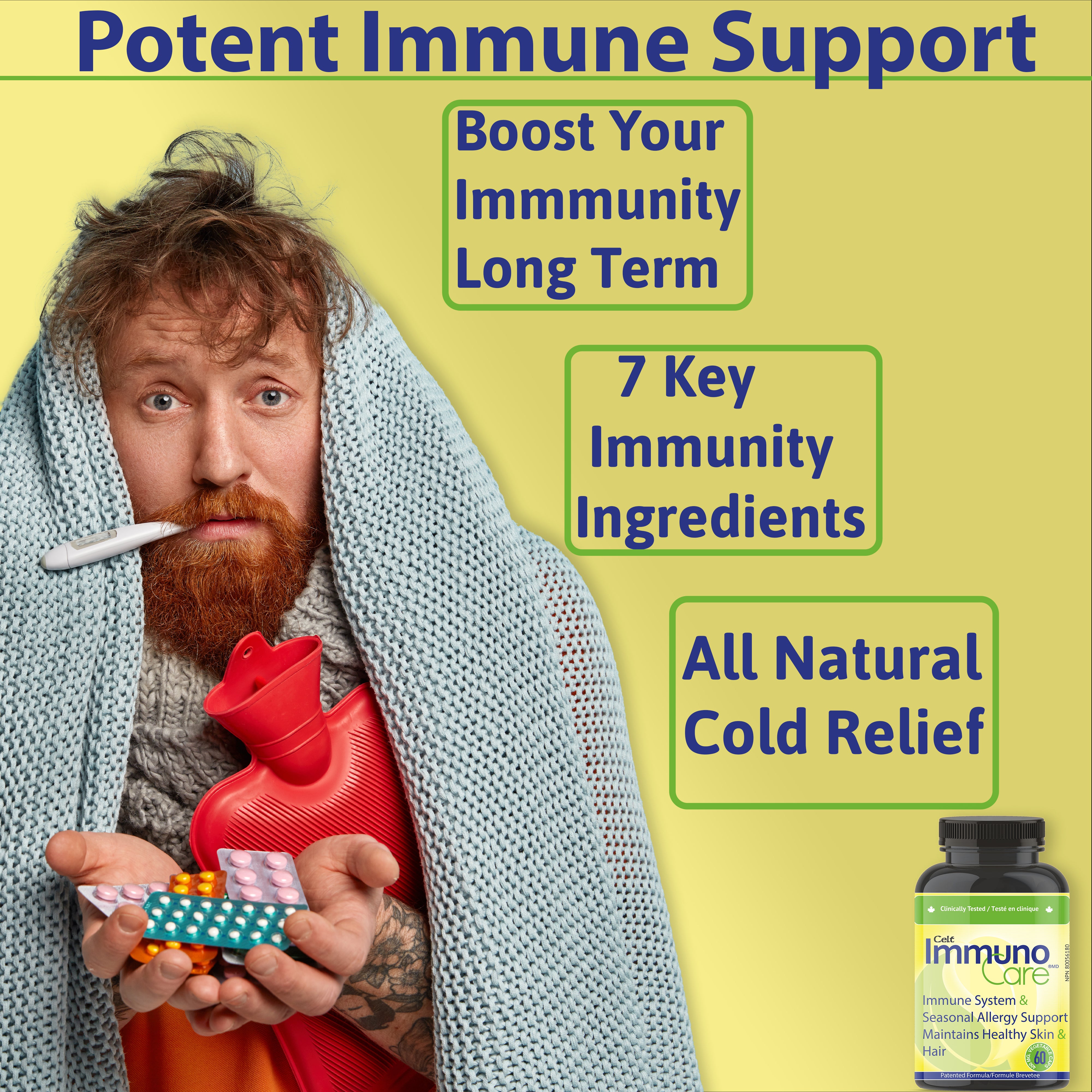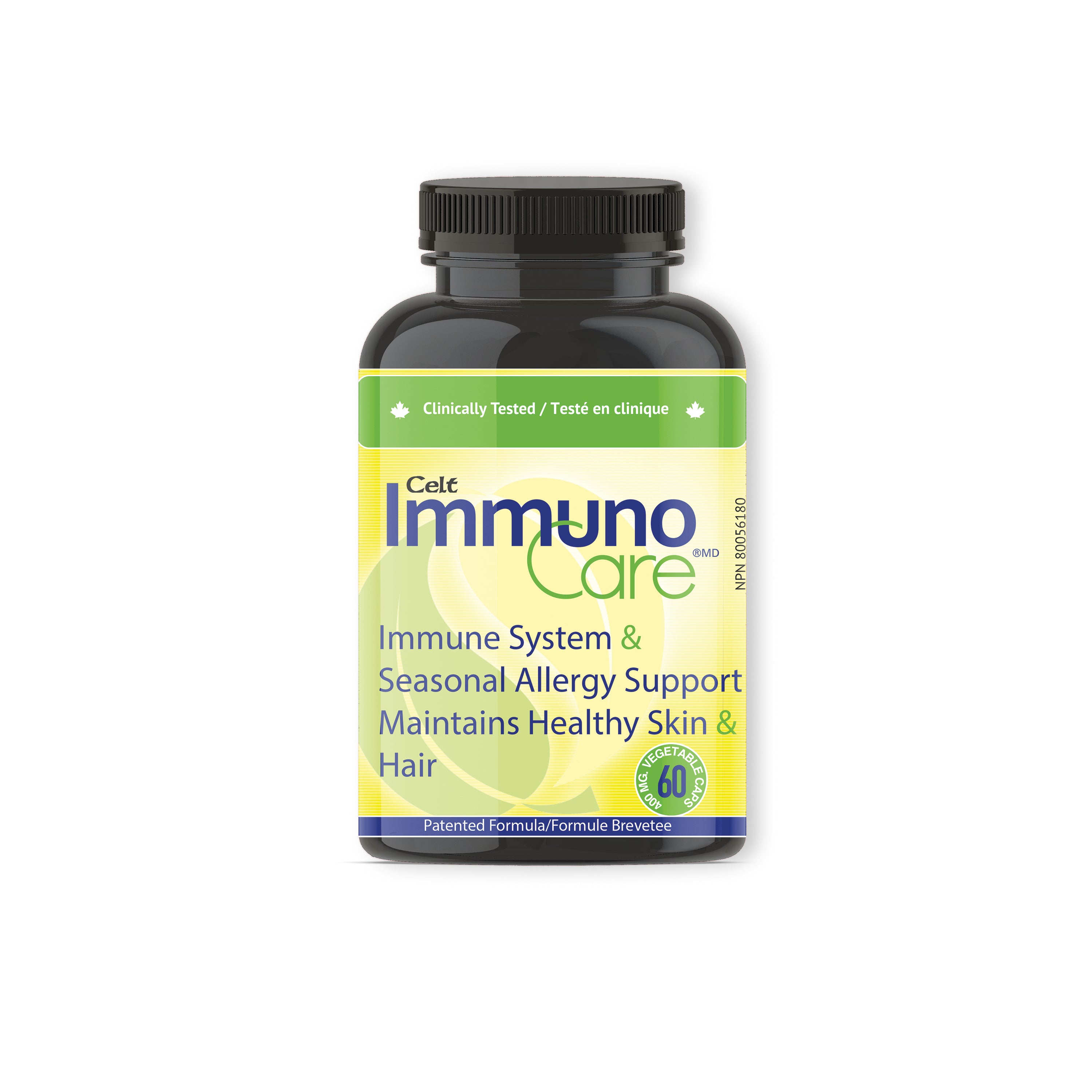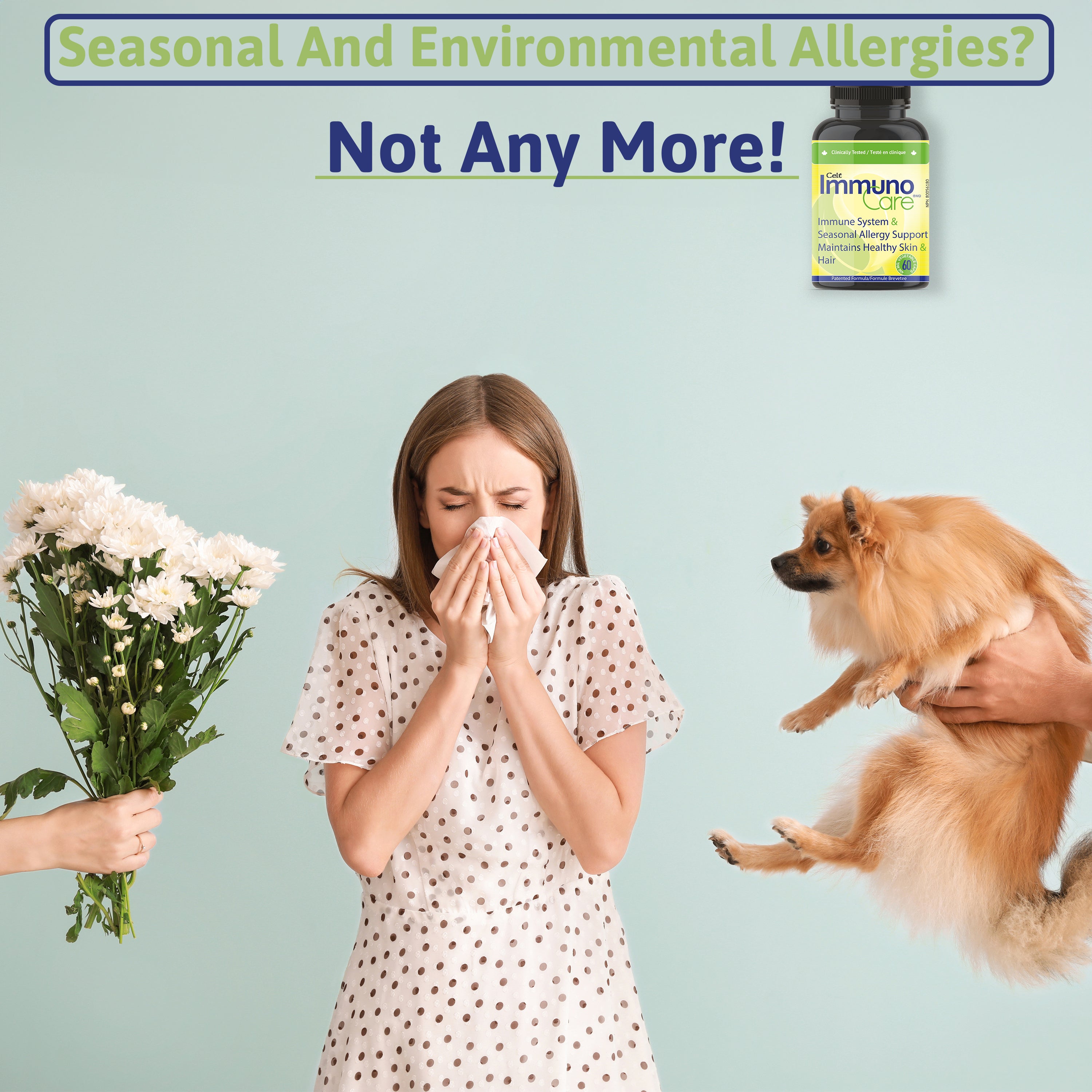
Statins have long been the go-to prescription medication for millions of people worldwide. Many people are becoming more aware of the risks and concerns of long-term statin use. As a result, they are seeking alternative methods to manage their cholesterol levels.
In this guide, we will discuss the advantages of using these natural cholesterol lowering options as an alternative to a statin or in conjunction with statins. We will see how natural remedies such as plant sterols and probiotics can help reduce cholesterol with traditional methods.
Understanding Statins and Their Role in Cholesterol Management:
Statins are drugs that help lower cholesterol levels by blocking an enzyme called HMG-CoA reductase. This enzyme is important for making cholesterol in the liver. Statins lower "bad" cholesterol and slightly raise "good" cholesterol by reducing the liver's production of cholesterol.
While statins have been shown to significantly reduce the risk of heart disease and stroke in individuals with high cholesterol levels, they are not without their drawbacks. Common side effects of statin therapy include muscle pain, liver damage, digestive issues, and an increased risk of developing type 2 diabetes. Additionally, some individuals may experience more severe side effects, such as muscle breakdown or memory loss, leading them to seek alternative options for managing their cholesterol levels.
Exploring Non-Statin Cholesterol Medications and Natural Statin Alternatives:
Fortunately, there are alternatives to statins for natural cholesterol reducers. These options include non-statin medications and natural remedies. They are suitable for individuals who are unable to take statins or are interested in exploring different treatment options. These alternatives include:
- Plant Sterols:
Plant sterols are naturally occurring compounds found in fruits, vegetables, nuts, seeds, and grains. They lower LDL cholesterol levels by inhibiting the absorption of dietary cholesterol in the intestines. They act as a natural cholesterol lowering supplement. And Can be a replacement for statins.
Richelle, M., Enslen, M., Hager, C., Groux, M., Tavazzi, I., Godin, J., Berger, A., Métairon, S., Quaile, S., Piguet-Welsch, C., Sagalowicz, L., Green, H., & Fay, L. (2004). Both free and esterified plant sterols reduce cholesterol absorption and the bioavailability of β-carotene and α-tocopherol in normocholesterolemic humans. The American Journal of Clinical Nutrition, 80, 171-177. https://doi.org/10.1093/AJCN/80.1.171.
Plant sterols work by competing with cholesterol for absorption, effectively reducing the amount of cholesterol that enters the bloodstream.
Studies have shown that adding plant sterols to your diet or taking supplements can lower LDL cholesterol levels. This can help reduce the risk of heart disease.
Plant sterols are beneficial for heart health. They can be found in certain foods or taken as supplements. Supplementing with high quality plant sterols can be easier than incorporating it through diet.
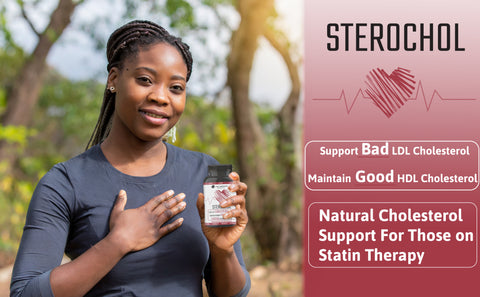
2. Probiotics:
Probiotics are good bacteria that help with digestion and may lower cholesterol as a statin substitute. They can be a substitute for statins, especially when taken with plant sterols. Some probiotics, like Lactobacillus acidophilus and Lactobacillus plantarum, can reduce LDL cholesterol by breaking down bile acids in the gut.
Bile acids are essential for the digestion and absorption of dietary fats, including cholesterol. By metabolizing bile acids, probiotics help remove cholesterol from the body, reducing overall cholesterol levels.
Incorporating probiotic-rich foods such as yogurt, kefir, sauerkraut, and kimchi into the diet, or taking probiotic supplements, may help support healthy cholesterol levels. Lactobacillus plantarum is a well-tolerated, natural probiotic that can reduce cholesterol and blood pressure in normal to mildly hypercholesterolaemic adults without causing gastrointestinal side effects.
Costabile, A., Buttarazzi, I., Kolida, S., Quercia, S., Baldini, J., Swann, J., Brigidi, P., & Gibson, G. (2017). An in vivo assessment of the cholesterol-lowering efficacy of Lactobacillus plantarum ECGC 13110402 in normal to mildly hypercholesterolaemic adults. PLoS ONE, 12. https://doi.org/10.1371/journal.pone.0187964.)
Another study also noted that the probiotic Lactobacillus plantarum effectively lower cholesterol levels in hypercholesterolaemic adults, with better results in patients with higher cholesterol levels.
Fuentes, M., Lajo, T., Carrión, J., & Cuñé, J. (2012). Cholesterol-lowering efficacy of Lactobacillus plantarum CECT 7527, 7528 and 7529 in hypercholesterolaemic adults. British Journal of Nutrition, 109, 1866 - 1872. https://doi.org/10.1017/S000711451200373X.
3. Fish Oils:
Fish oils have omega-3 fatty acids that help heart health, reduce inflammation, and lower triglyceride levels, giving health benefits. Studies have also suggested that omega-3 fatty acids may help lower LDL cholesterol levels and increase HDL cholesterol levels. Incorporating fatty fish such as salmon, mackerel, sardines, and trout into the diet, or taking fish oil supplements, can provide an additional means of managing cholesterol levels and reducing the risk of heart disease.
Combining Statins with Natural Alternatives:
For individuals who require additional cholesterol-lowering support beyond statin therapy, combining prescription medications with natural alternatives such as plant sterols and probiotics may offer added benefits. By complementing the cholesterol-lowering effects of statins with natural remedies, individuals can potentially achieve greater reductions in LDL cholesterol levels while minimizing the risk of side effects associated with high-dose statin therapy.
Research has shown that certain combinations of cholesterol-lowering medications, such as statins and probiotics with plant sterols, can produce synergistic effects, leading to greater reductions in LDL cholesterol levels compared to monotherapy. Similarly, incorporating plant sterols and probiotics into the treatment regimen can further enhance the cholesterol-lowering effects of statins while promoting overall cardiovascular health.
Conclusion:
In conclusion, while statins have proven to be effective in lowering cholesterol levels and reducing the risk of heart disease, they are not the only option available for managing high cholesterol. For individuals who are unable to tolerate statin therapy or prefer to explore natural statin alternatives , plant sterols, probiotics, and fish oils offer promising alternatives for lowering LDL cholesterol levels and promoting cardiovascular health.
By combining prescription medications with dietary supplements and lifestyle modifications, individuals can take proactive steps to manage their cholesterol levels and reduce the risk of heart attack or stroke. As always, it's essential to consult with a healthcare professional before making any changes to your cholesterol-lowering regimen to ensure safe and effective treatment.
For natural alternatives to statins try Celt Naturals Sterochol, a patented delay released capsule with Heart focused probiotics high quality plant sterols and ashwagandha. Made in Canada.


